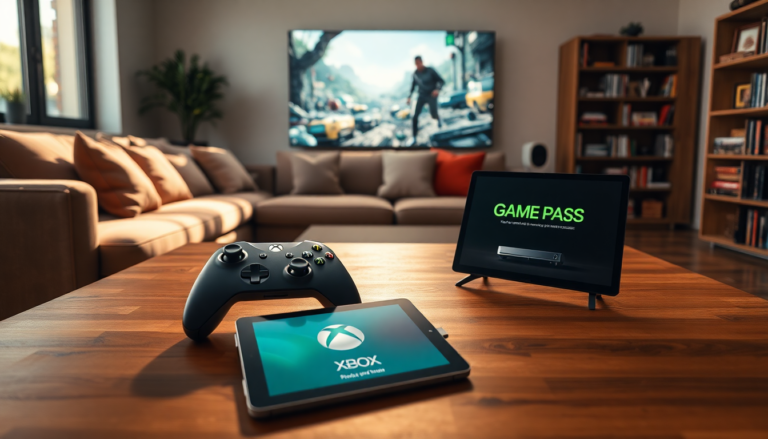In the ever-changing world of gaming, Xbox remains a fan favorite, even as some critics claim its hardware is falling behind. Recently, Laura Fryer, a significant figure in the Xbox development team, stirred the pot by declaring, “Xbox hardware is dead.” This statement reflects Microsoft’s apparent pivot towards prioritizing services like Game Pass over traditional console sales. But is this really the end of the line for Xbox hardware? Let’s dive in.
The Shift Towards Services
Fryer’s assertion that Microsoft is stepping back from hardware development and nudging players towards Game Pass holds some weight. It’s clear that the company is putting a significant focus on subscription services. However, labeling this transition as the death of Xbox hardware misses the mark. Game Pass provides an incredible opportunity for gamers, allowing them to dive into a massive library of games without the hefty price tag of purchasing each one individually.
Personally, Game Pass has transformed my gaming experience. Instead of fretting over $70 titles, I can sample a plethora of games, uncovering hidden gems and enjoying big releases right on launch day. This freedom to explore not only enriches my gaming journey but also encourages me to try out genres and titles I might have overlooked otherwise.
Even if Microsoft is shifting its focus to a service-oriented model, the result is clear: players are engaging with a wider variety of games than ever before. Isn’t that a win for gamers everywhere, regardless of the hardware debate?
Integration Across Devices
Microsoft’s vision of “Xbox Anywhere” may come off as slick marketing, but the benefits are undeniable. I can start a game on my Xbox, pick it up on my PC, and even play on my phone through cloud gaming. The ability to sync saves, achievements, and friends across devices isn’t just convenient; it truly enhances my overall gaming experience.
When someone else is hogging the TV, I can seamlessly switch to my laptop without losing my momentum. Plus, while traveling, I can keep my gaming progress intact thanks to cloud services. This kind of integration makes the idea of returning to a platform-locked gaming experience feel like a step backward.
The Quality of Xbox Hardware
Despite the chatter about hardware being obsolete, the Xbox controller stands as a testament to years of design refinement and quality. Its ergonomic shape, responsive triggers, and comfort during those marathon gaming sessions are hard to beat. And let’s not forget its versatility; the controller works flawlessly with PC games and cloud gaming platforms, making it a true multi-purpose device.
In a landscape where many platforms are busy remaking old games, Xbox quietly rolls out a robust backward compatibility program. I can revisit classic titles from the original Xbox era and often enjoy improved performance on modern hardware. This commitment to preserving gaming history reassures me that my digital library will remain intact, no matter how the hardware evolves.
At the end of the day, despite industry shifts and strategic pivots, my Xbox continues to provide an outstanding gaming experience. Load times are quick, performance is reliable, and the user interface is user-friendly. I can jump into multiplayer matches, browse my extensive Game Pass library, and switch between games without a hitch.
As Microsoft charts its course in the gaming world, my experience with Xbox remains both consistent and enjoyable. Whether it transitions to a streaming-first model or continues to embrace hardware, the value I gain from my Xbox today is clear. While nostalgia for the past lingers, I’m genuinely excited about the future of gaming, where my Xbox will undoubtedly continue to play a crucial role.

